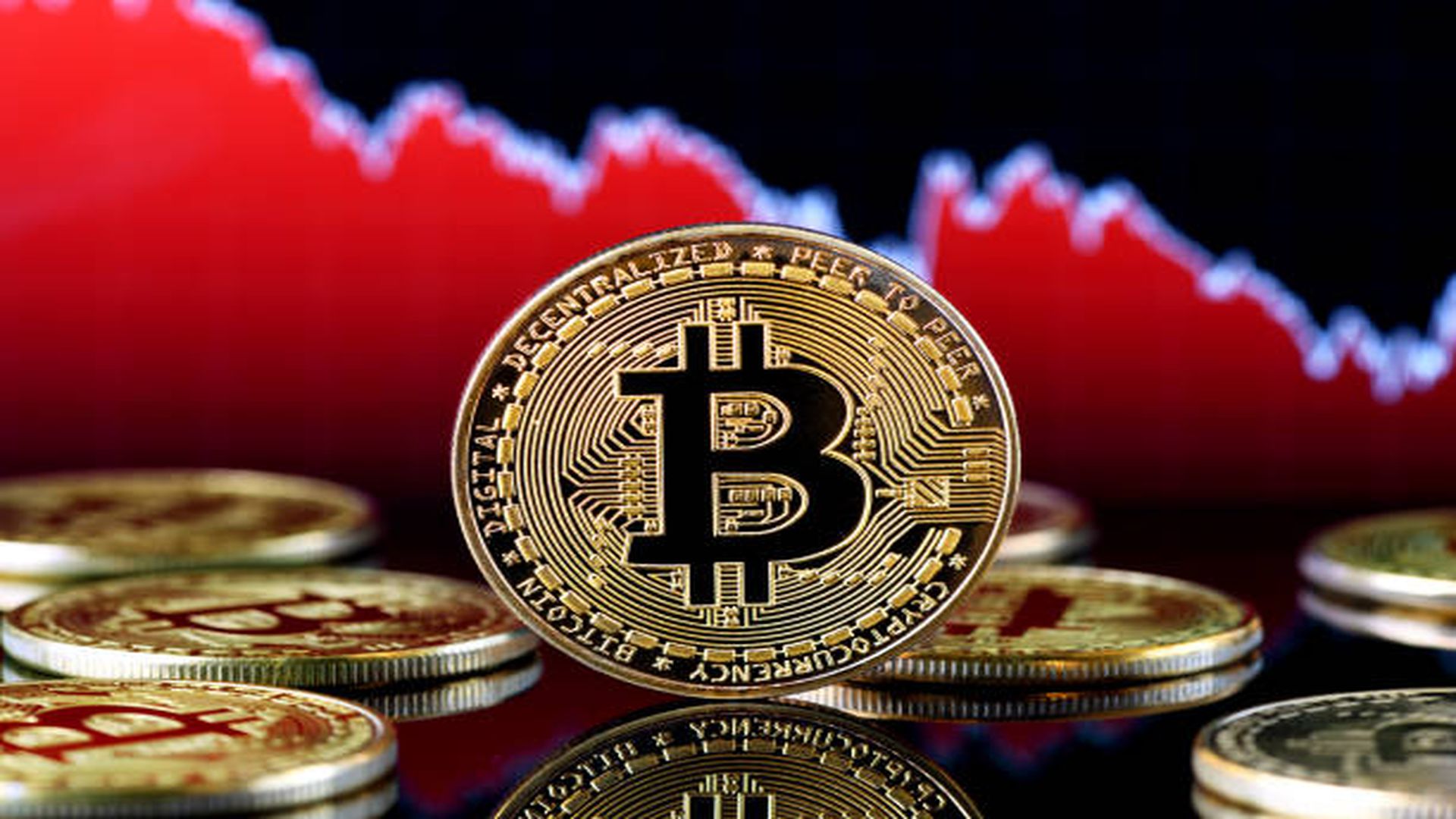Some traders believe Germany’s Bitcoin (BTC) selling could be the cause of this week’s plunge, but a negative reaction to related macroeconomic data might be the cause.
The total crypto market cap lost 3.9% from June 20 to June 21, heading to its lowest level in five weeks at $2.34 trillion. This drop impacted all the top 10 coins, with Bitcoin losing 4.2%, Ether lost 4%, and BNB correcting by 4.2%. Despite some recovery of intraday losses, the market is still in a bearish mood.

Germany Sell Pressure Compensated By MicroStrategy’s BTC Purchase
Some of the analysts said a large sale of Bitcoin by the German government caused the crypto market to drop. Nonetheless, the explanation overlooks the fact that traditional finance investors reacted to unfavorable macroeconomic data. Traders are worried that the stock market might have peaked and that the United States fiscal situation is constantly weakening.
Based on Arkham data, a wallet connected to the German government transferred 6,500 BTC to exchanges on June 19, valued at $425 million at the time. Arkham alleges that this wallet held almost 50,000 BTC, thought to have been seized from the pirated movie website Movie2k, which was active in 2013. The evidence indicated that the entity sent BTC to Bitstamp, Kraken, and Coinbase, leaving minimal doubt about its origin and effective sale.
Nevertheless, the theory seems flawed since the US-based business intelligence company MicroStrategy announced on June 20 that it had acquired an extra 11,931 BTC for $786 million. Therefore, MicroStrategy’s buy covered the selling pressure, including the 2-day $292 million net outflow from the US spot Bitcoin exchange-traded funds (ETFs).
Given that no other regulatory changes and events might have negatively affected the sentiment of crypto investors in the past several days, one needs to focus on the traditional finance sector, specifically on macroeconomic data. Despite the near-term correlation between the S&P 500 index and the crypto industry, traders normally exit risk-on positions in periods of uncertainty.
US Futures And Options Expiry And Severe Global Macroeconomic Conditions
Based on Bloomberg data, the U.S. stock market is facing a “triple witching,” an event that happens every quarter when derivatives contracts linked to stock, index options, and futures are scheduled to mature. An aggregate of $5.5 trillion will expire on June 21, and as the S&P 500 nears its all-time high, investors fear that weaker macroeconomic data show an elevated recession risk.
The current home sales in the US dropped for the third straight month in May, while the manufacturing and services purchasing managers’ index (PMI) readings for Germany and France came in below expectations. Also, in the United Kingdom, the PMI showed that private-sector firms reported slower growth than expected. Finally, Japan’s inflation rose to 2.8% in May, higher than April’s reading of 2.5%.
The head of U.S. rates strategy at TD Securities, U.S. rates strategy at TD Securities, stated that the US debt ceiling, which has been stopped by Congress until the beginning of 2025, is expected to create a standoff and possibly trigger another sovereign credit rating downgrade, as published by Reuters. Goldberg stated:
“The 5-year credit default swaps (CDS) on U.S. sovereign debt indicate some worry.”
The worsening sentiment was enhanced after retail data provider Syntun said that China’s annual mid-year e-commerce festival saw reduced sales for the first time in eight years. This event celebrates the founding date of Chinese giant JD.com, which is this region’s second-biggest in terms of yearly sales, based on CNBC. Gross sales hit $102.3 billion in 2024, a 7% plunge compared to 2023.
Under that scenario, the US Dollar Index surged to its highest level in 50 days at 105.85, meaning that investors are shifting from the British pound, Euro, Swiss Franc, and similar currencies. While the S&P 500 index remained unchanged on June 21, traders saw Bitcoin’s 52% gains year-to-date in 2024 as a major reason to take profits and minimize exposure amid macroeconomic uncertainty.





